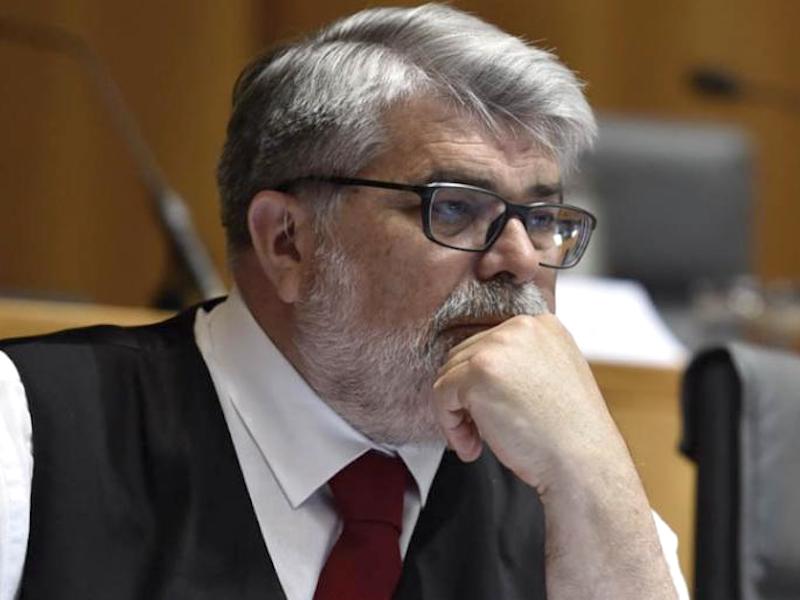The federal government should be forced to explain in Parliament why it has gone against independent advice in vetoing research grants according to Labor Senator Kim Carr, who slammed the latest incident as “dog whistling” and “crass politicisation”.
Senator Carr, who served as Minister for Research under the Labor government in 2014, said acting Education minister Stuart Robert’s blocking of six research grants recommended for approval was a “political intervention” that risks eroding the independence of the public sector.
On Christmas Eve last year, Mr Robert blocked six research grants that had been recommended for funding following an independent peer review process, saying that they did “not represent value for taxpayers’ money nor contribute to the national interest”.

Senator Carr said this was political interference for “base political motives”.
“It highlights the politicisation of our research program. The fact that the acting minister has behaved in this highly irregular manner reflects what a dog whistle approach to politics it is. It’s designed to only be heard in certain quarters as part of the culture wars,” Senator Carr told InnovationAus.
“It undermines confidence in researchers’ ability to pursue genuine interest and collaboration, particularly with China. That’s especially important in a whole range of fields of economic importance.”
While stopping short of committing to repeal the powers which allowed Mr Robert to veto the grants, Senator Carr said Labor does not have a history of rejecting independent advice on grants, and would require ministers to explain to Parliament if they do that.
“I was the minister for many years and not once felt the need to do this. These were all recommended by peer reviewed processes – experts who actually understand the research that’s being proposed,” he said.
“I’m not saying the Australian Research Council (ARC) gets everything right but if the government wishes to intervene it should explain itself to Parliament and be prepared to be subject to proper scrutiny, not to try to do it on Christmas Eve in a blatant attempt to avoid public scrutiny and accountability.”
In a tweet on Thursday morning, Senator Carr elaborated on why he didn’t want to completely remove the ministerial veto powers.
“Those wondering why I support retaining the minister’s veto should also ask why the ARC has been keeping sensitivity files on academics. And the ARC’s administration of the Centre of Excellence program does not inspire confidence,” Senator Carr tweeted.
The political interference in research will also have an impact on Australian innovation, he said.
“It’s not only the humanities, creativity is at the core of the innovation project, and the humanities is an important part of innovation in this country. To me it is a matter of deep regret that the government thinks there is to be political advantage in stigmatising the humanities in the way that they have,” Senator Carr said.
“These go to fundamental questions of the prosperity of the nation. The government claims it’s in the national interest, but they are fundamentally deceiving themselves by seeking to stigmatise certain brands of research. It’s incredibly short-sighted.
“They see short-term political motives but long-term damage is being done to our relationships, and it’s undermining research confidence.”
This week dozens of Australian Research Centre laureate fellows labelled the vetoing as “political and short-sighted”.
University of Sydney vice-chancellor Mark Scott has also said he is “dismayed” that two of the institution’s research projects were among those that were blocked by the minister.
“This action must be considered political interference and unacceptable for a process that relies on peer review to ensure academic integrity. We are calling for legislation to ensure the Australian Research Council can operate free from any such political interference in future,” Professor Scott said.
Do you know more? Contact James Riley via Email.

